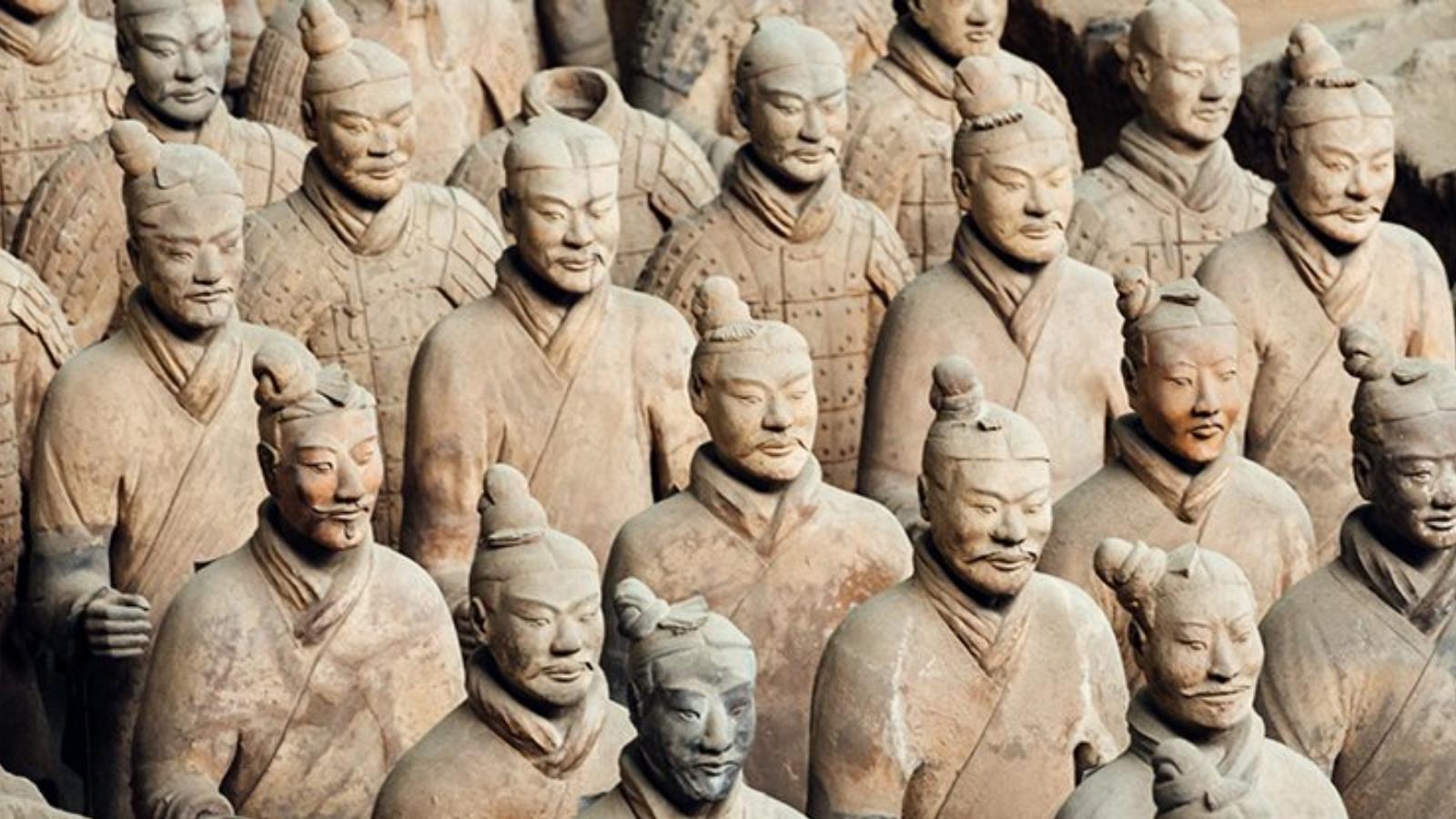Unlocking Ancient Mysteries: The Ongoing Journey of Archaeological Discoveries
Archaeology is a continuous adventure into humanity’s past, where decades of research gradually unravel the secrets buried beneath layers of time. Every new find challenges existing theories and pushes scholars to rethink the story of human civilization and environmental change. From monumental ancient sites to sophisticated new technologies, the quest to understand our ancestors is far from over.
Göbekli Tepe: The Dawn of Complex Society
One of the most groundbreaking archaeological sites discovered in recent decades is Göbekli Tepe, located in southeastern Turkey. Excavations that began in 1995 revealed monumental ritual structures dating back to the 10th millennium BCE—making it one of the oldest known temples in the world. This discovery has significantly altered our understanding of the Neolithic Revolution, the period when humans transitioned from hunter-gatherers to settled agricultural societies.
Analyses of animal bones and plant remains from Göbekli Tepe suggest a highly sophisticated hunter-gatherer culture, possibly the foundation for early farming. The site’s massive T-shaped stone pillars are adorned with intricate carvings of animals and abstract symbols. While the precise meanings remain debated, hypotheses range from astronomical observations to indicators of complex social hierarchies.

For more on ancient cultures and their mysteries, explore our Culture section.
Teotihuacan: A Mysterious Metropolis of Ancient Mexico
Another iconic archaeological treasure is the ancient city of Teotihuacan in Mexico. Flourishing between the 1st and 8th centuries CE, it was once one of the largest urban centers worldwide. Despite extensive excavations since the early 20th century, the origins of its founders and reasons behind its decline continue to puzzle historians.
Teotihuacan is renowned for its monumental pyramids—the Pyramid of the Sun, covering roughly 225 by 225 meters, and the Pyramid of the Moon. These structures reflect advanced engineering and profound religious beliefs. Excavations beneath the pyramids have uncovered tunnels and chambers filled with offerings and ritual artifacts, shedding light on the complex spiritual practices of this enigmatic civilization.

The Terracotta Army: China's Silent Guardians
The discovery of the Terracotta Army near Xi’an, China, in 1974 opened another chapter in archaeological exploration. Thousands of life-sized terracotta soldiers were buried to protect the tomb of China’s first emperor, Qin Shi Huang. This site continues to reveal new information about ancient Chinese military, art, and burial practices.

How Technology is Revolutionizing Archaeology
Advances in technology are transforming archaeology by enabling non-invasive exploration and precise data collection. One such innovation is LiDAR (Light Detection and Ranging), which uses laser scanning to map underground structures without disturbing the soil. This technology has unveiled hidden cities and landscapes in dense jungles and other challenging terrains.
Radiocarbon dating, 3D modeling, and satellite imagery also play critical roles in piecing together ancient histories, allowing archaeologists to re-evaluate findings with unprecedented accuracy.
The Future of Archaeological Research
The study of sites like Göbekli Tepe, Teotihuacan, and the Terracotta Army illustrates that archaeology is an evolving field. Each discovery prompts new questions and theories, emphasizing the need for continuous interdisciplinary collaboration.
As new scientific methods emerge, researchers gain powerful tools to decode human history more fully. The persistent reevaluation of data ensures a deeper, more nuanced understanding of our shared past, promising that many more secrets will be uncovered in the coming decades.
Suggested External Links for Reference:
- Göbekli Tepe - UNESCO World Heritage Centre
- Teotihuacan - National Institute of Anthropology and History (INAH)
- Terracotta Army - British Museum
For ongoing updates on cultural heritage and archaeological discoveries, visit our dedicated Culture category.

Comments
Post a Comment